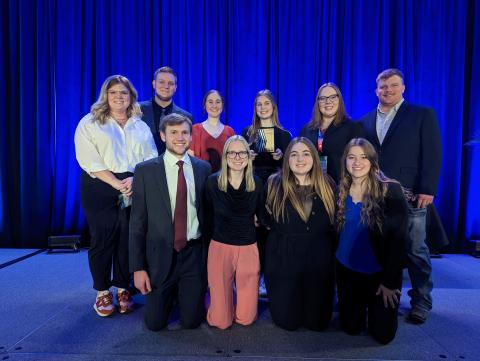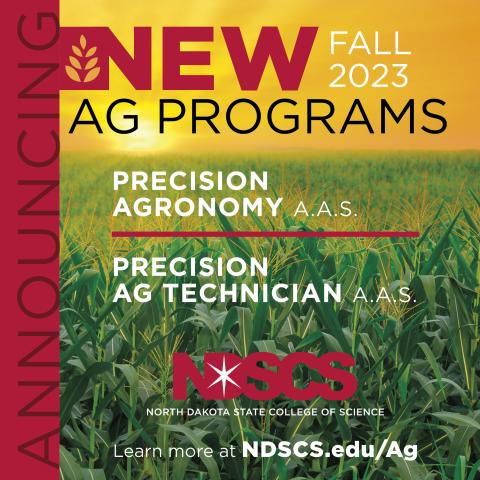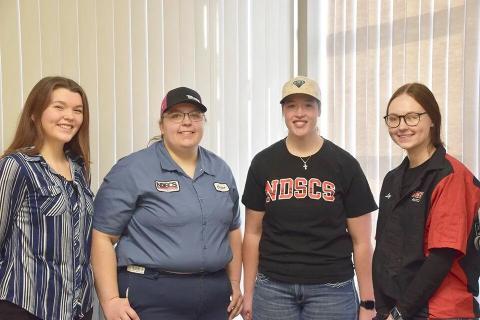
NDSCS wins 2nd Place at 2023 NAHB Student Competition
02-10-2023
NDSCS students from the Architectural Modeling and Design Technology program won 2nd place in the Associates degree program category of the NAHB Student Competition held during the 2023 NAHB International Builders’ Show® (IBS) in Las Vegas, NV.
Continue

NDSCS to offer two new Agriculture Degrees
02-07-2023
North Dakota State College of Science will offer Associate in Applied Science degrees in Precision Agronomy and Precision Agriculture Technician starting in the fall of 2023.
Continue

NDSCS continues to host its annual “Give Kids a Smile” event
01-31-2023
Ages 3-18 are welcome to make an appointment for free dental services on February 10, 2023
Continue

Four NDSCS students nominated for North Dakota Academic All-State Team
01-25-2023
Four students from the North Dakota State College of Science have been nominated for the 2023 North Dakota Academic All-State Team, which recognizes the academic achievements of community college students.
Continue
